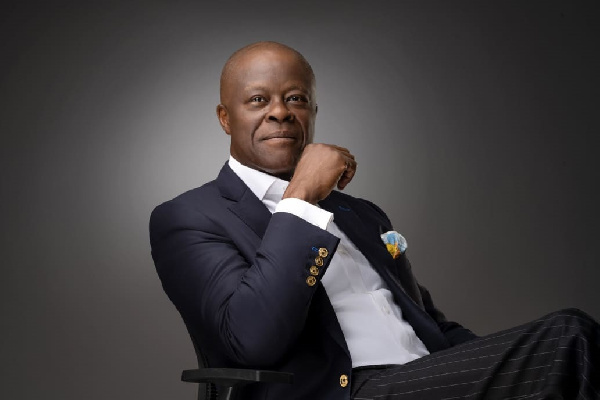In a noteworthy development during the 2024 Budget Defense at the Senate Committee on Finance in Abuja on Monday, the Minister of Finance and Coordinating Minister of the Economy, Wale Edun, disclosed that the upcoming 2023 Supplementary Budget is set to run concurrently with the 2024 budget. This revelation was made as part of the broader discussion on fiscal policy and tax reforms aimed at enhancing revenue generation and attracting both domestic and foreign investments, as outlined in a statement by the Director (Press & PR) of the Ministry, Stephen Kilebi.
Edun underscored the critical need for a comprehensive review of fiscal policies and tax structures, emphasizing their pivotal role in steering the nation’s economy towards sustainable growth. The minister expressed optimism that such measures would not only facilitate job creation but also foster wealth generation. Furthermore, he highlighted the significance of embracing digitalization as a means to enhance governance efficiency, reduce costs, and bolster economic performance.
According to the minister, the simultaneous operation of the 2023 Supplementary Budget and the 2024 Appropriation Act is envisioned as a strategic move to address pressing economic needs and priorities. Edun’s emphasis on fiscal policy adjustments aligns with the broader goal of creating an environment conducive to both domestic and foreign direct investment.

The statement quoted Edun, stating, “The Minister reiterated the need for fiscal policy review and tax reforms for revenue generation to run the nation’s economy, adding that such measures would attract domestic and foreign direct investment into the country for job and wealth creation. He disclosed that the 2023 Supplementary Budget would run concurrently with the 2024 Appropriation Act.”
Additionally, the minister outlined the potential benefits embedded in the proposed N27.5 trillion budget for 2024, emphasizing the positive impact of savings and tax incentives. These, according to Edun, are instrumental in fortifying the nation’s economy and ensuring sustained growth.
It is worth noting that this development comes on the heels of President Bola Tinubu’s recent approval of the N2.17 trillion 2023 supplementary budget, swiftly endorsed by both the House of Representatives and the Senate. The breakdown of this supplementary budget reveals a significant allocation of approximately N1.01 trillion for recurrent expenditures and N1.16 trillion for capital expenditures.
President Tinubu, in a bid to instill a sense of renewed hope, presented the 2024 appropriation bill to the National Assembly a couple of weeks ago. Aptly named the ‘Budget of Renewed Hope,’ the proposed budget outlines a recurrent expenditure of N9.92 trillion and a capital expenditure of N8.7 trillion, signaling a concerted effort to address key economic priorities in the coming fiscal year.
As the government steers through economic challenges and endeavors to stimulate growth, the simultaneous operation of the 2023 Supplementary Budget and the 2024 budget, coupled with proposed fiscal reforms, reflects a strategic and proactive approach to navigate the complexities of the nation’s economic landscape.
Support InfoStride News' Credible Journalism: Only credible journalism can guarantee a fair, accountable and transparent society, including democracy and government. It involves a lot of efforts and money. We need your support. Click here to Donate
